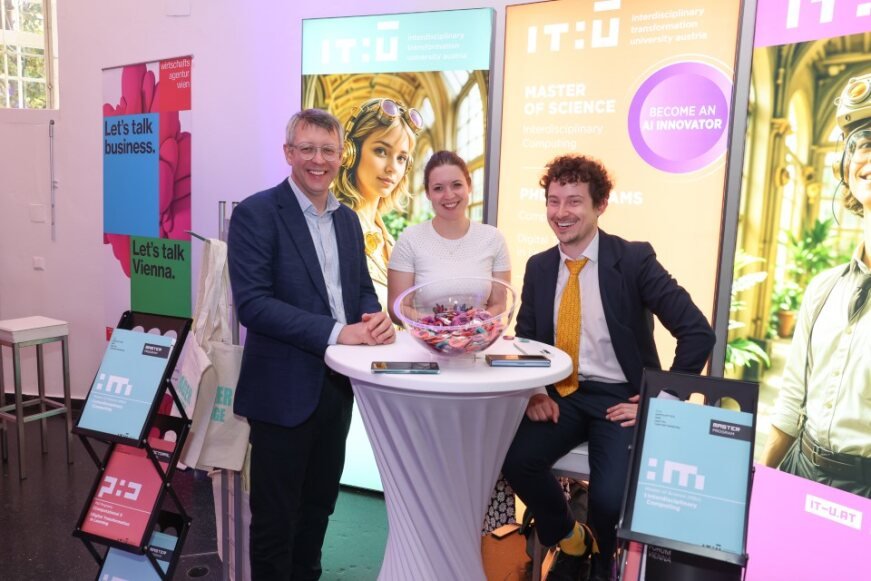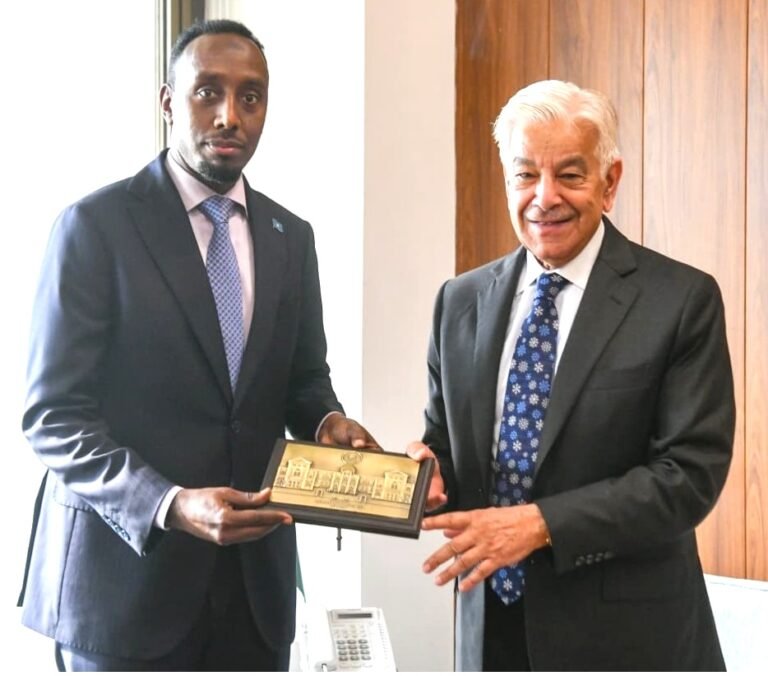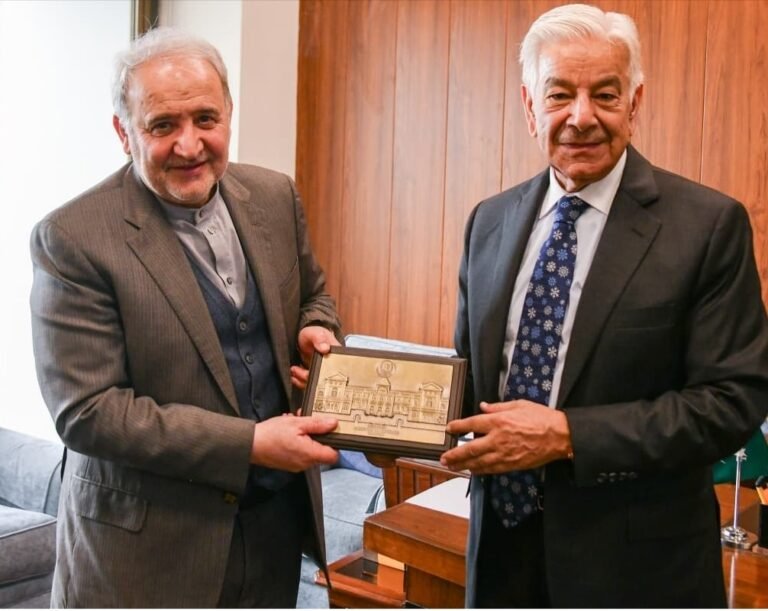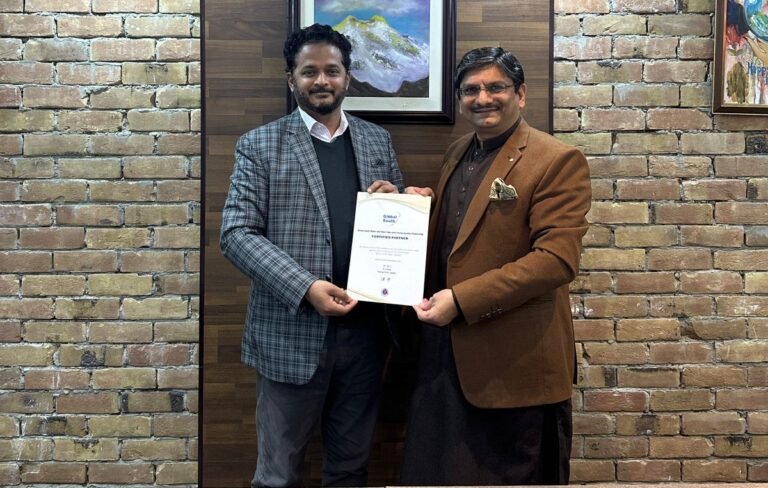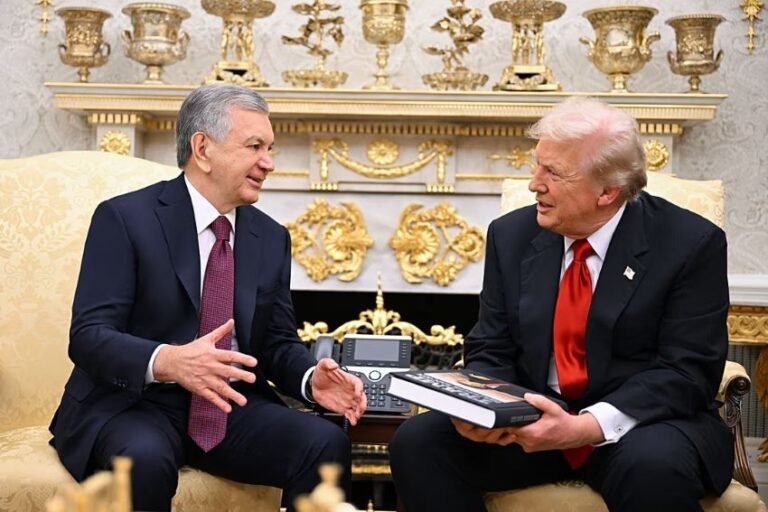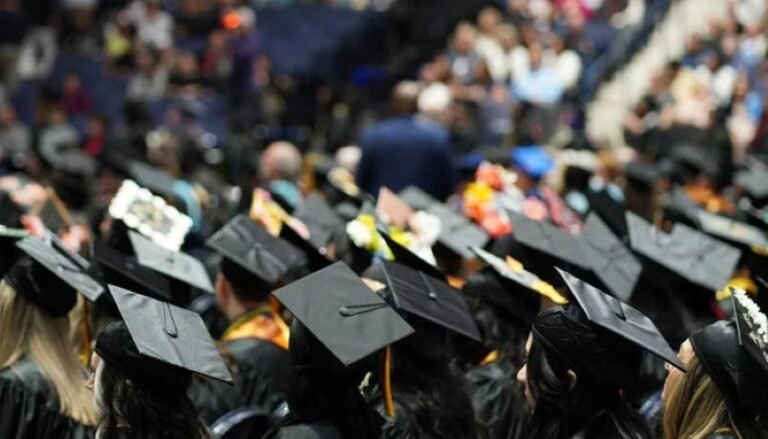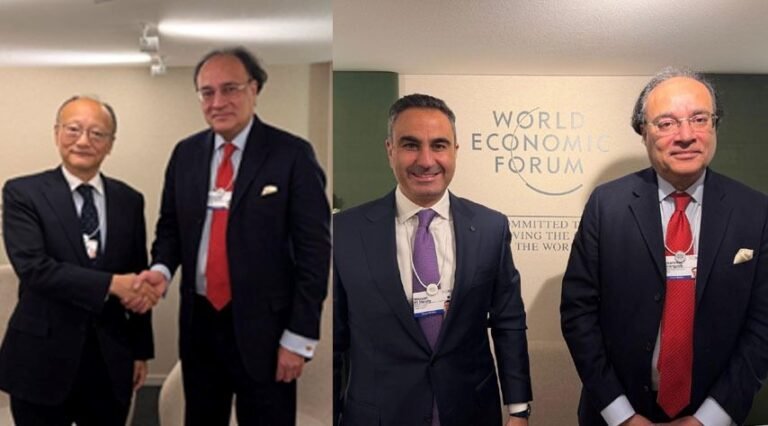The International Digital Security Forum (IDSF) 2025 concluded today in Vienna, bringing together global leaders, experts, and innovators to discuss the pressing challenges and opportunities in the realm of digital security. Held at the cultural hub of MuseumsQuartier, the forum centered on the theme: “Balancing Sovereignty and Solidarity in the Digital Age.”
Day 3: A Deep Dive into Artificial Intelligence & Disinformation
The final day of IDSF 2025 was marked by a series of thought-provoking sessions that delved into the age of AI and the rise of disinformation.
In the opening speech titled From Taboo to Necessity: An Emerging Global Governance Architecture, the Executive Director of the Global Governance Forum of Spain, Augusto Lopez Claros, elaborated how quickly the governance structures are transforming, to keep up with the deep, diverse, risk-prone world of artificial intelligence and deep fake.
In the subsequent sessions and talks, eminent speakers and panelists took forward the sub-themes and generated crucial dialogue.
Read More: IDSF 2025: Shaping the Global Cybersecurity Policy
1. Global Innovation in the Age of AGI
As artificial general intelligence (AGI) moves from concept to reality, the world faces a historic moment that redefines how innovation is organized, governed, and distributed. Traditional hubs alone can no longer manage the complexity and pace of global technological disruption.
This was the backdrop in which the Founder of SILKROAD 4.0, Austria helped participants envision a future where intelligence—natural and artificial—becomes a force for empowerment, not confusion.
What new governance models do we need to steer AGI development responsibly? How can small hubs collaborate to exert global influence? And what role must human-centric, mission-driven communities play to ensure relevance, equity, and impact in a hyper-intelligent future? Philipe Reinisch answered these questions in his expert briefing.
2. Information Integrity, Disinformation and Societal Impact
This panel talk was moderated by Ross King, the Head of the Competence Unit Data Science & Artificial Intelligence, AIT Austrian Institute of Technology, Austria, and the panelists included:
Katharina Schell, the Deputy Editor-in-Chief, APA – Austria Press Agency, Austria
Friedrich Moser, Austrian Documentary film producer & director, Director of the Movie “How to build a Truth Engine“, Austria
- Robert Moro, Researcher at the Kempelen Institute of Intelligent Technologies (KInIT) located in Bratislava, Slovakia
Georgios Kolliarakis, Coordinator EU P2P Global Dual-Use Program, Foreign Policy Instrument/European External Action Service (EEAS), EU
- Julia Haas, Advisor to the OSCE Representative on Freedom of the Media (OSCE RFoM)
Read More: Highlights From Day 2 of International Digital Security Forum 2025
The panel discussed how, in the age of digital communication, maintaining information integrity is crucial for preserving public trust and the stability of democratic societies. The rapid spread of disinformation and fake news not only distorts public perception but also undermines institutions, fuels polarization, and threatens social cohesion.
Effective fact-checking mechanisms and robust information verification processes are essential tools in combating these challenges, ensuring that accurate, reliable information reaches the public. The session delved into the strategies and technologies to uphold information integrity, the evolving tactics of disinformation campaigns, and their broader societal impacts.
4. Keynote on Freedom of Expression & the Digital Sphere
University Professor for Philosophy at the Aristotle University Thessaloniki, Greece, Filimon Peonidis, delivered a keynote unpacking how the digital sphere and violations of freedom of expression are a lethal combination and how, since the rise of digital sphere, freedom of expression has become a slippery slope.
Peonidis is a professor of moral and political philosophy at the Aristotle University of Thessaloniki and director of the Philosophy Lab “Texts and Interpretations”. His research interests are in moral philosophy with emphasis on Mill and applied ethics, democratic theory, the history of democratic traditions, liberalism, and the philosophical foundations of free expression.
5. The Fight for Democracy – Censorship vs. Free Speech and Fact-Checking
In an increasingly interconnected world, the tension between censorship and freedom of expression has become a central issue in the global digital landscape. Governments and platforms struggle to balance the need to mitigate misinformation, hate speech and harmful content while protecting the fundamental right to freedom of expression.
This panel, comprising of five speakers and moderated by the Head of the Institute of Management Science, Technical University Vienna, Austria, explored how nations and private actors are addressing these challenges, examining the impact of censorship on democratic values, global discourse, and the potential for manipulation in the digital age.
Wrap-up & Farewell
This brought an end to the three-day dialogue on digital security, with 500+ participants from 35 countries. The organizers delivered note of thanks to all the speakers and participants.
Established in December 2008, The Diplomatic Insight is Pakistan’s premier diplomacy and foreign affairs magazine, available in both digital and print formats.

